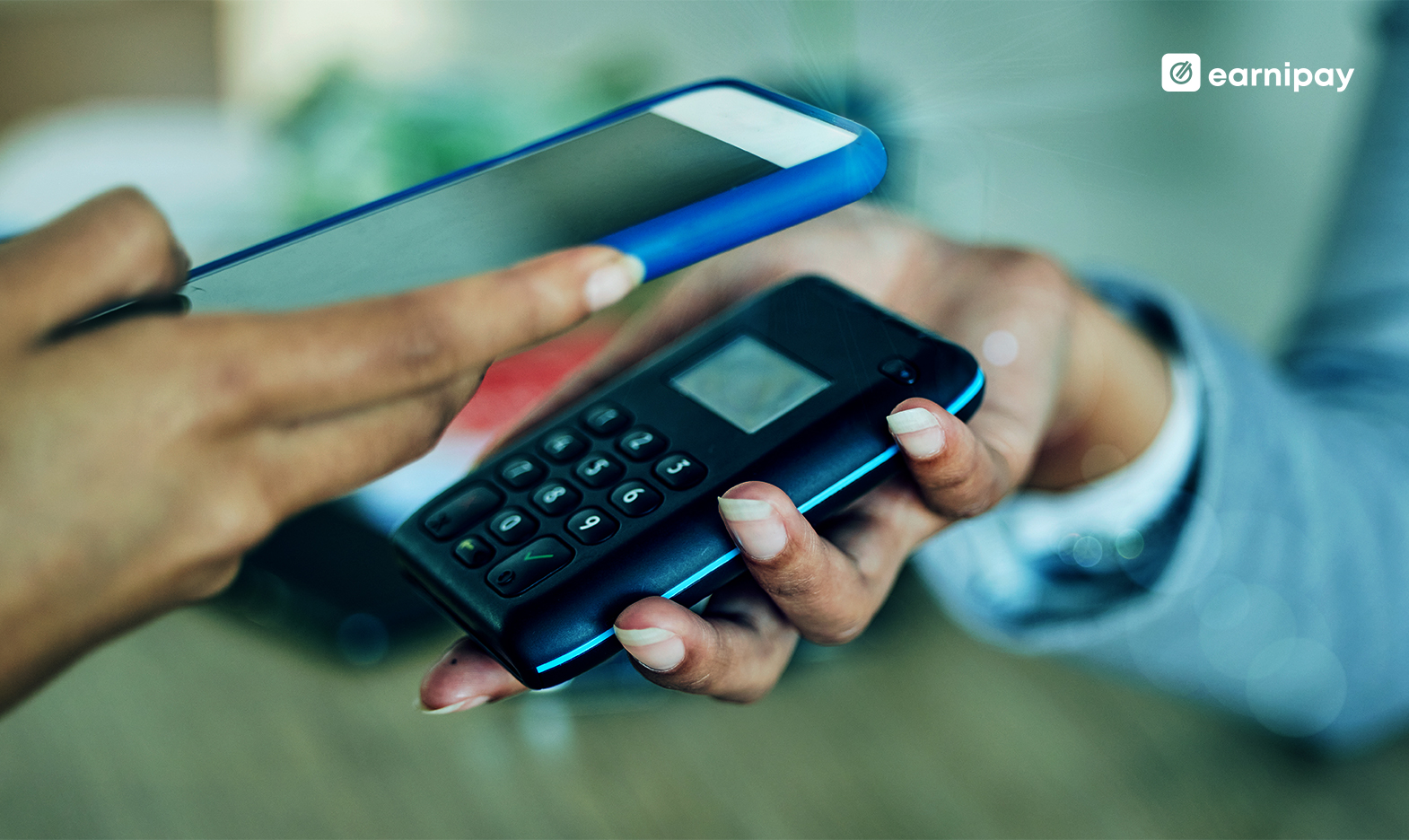The events following the CBN notice stating that the old naira notes ceased to be legal tender have to be one of the most troubling currency transitions in the history of Nigeria. Suddenly the conversation on social media moved from the aesthetics of the new Naira notes to its scarcity. Who would have ever thought that POS terminal operators and bankers would be the most sought-after service providers in the country?
Since people have to transact, commute, get necessities, and carry out their daily activities, the naira note scarcity has forced many to devise other means of making transactions. However, despite the many hardships occasioned by this incident, this period recorded a rise in the adoption of cashless transactions much more than ever before.
The CBN preempted the resulting adoption of online payment methods. In its Payment System Vision (PSC) 2025 document, the CBN stated that “By 2025, the country aspired to have a cashless and efficient electronic payment system infrastructure that would facilitate financial services in all sectors of the economy.”
The inconveniences and disruptions to our daily lives occasioned by the naira notes scarcity have been a lot to handle for every one of us. In this article, we will provide alternatives to the naira notes that would make your business operation and personal well-being convenient. Let’s begin!
Alternatives To The Naira Notes
1. Banking Apps
Although banking apps were created for transaction ease and to promote financial inclusion, they have proved to be a readily available solution to the naira scarcity issue. With these mobile banking apps, individuals and business owners can easily make and receive payments to carry out their daily activities without needing cash.
As of 2021, 133.5 million Nigerians had active bank accounts, and we expected that this number would have improved by today. Since the majority of Nigerians operate bank accounts, they can quickly resort to their banking apps to perform their daily transactions.
However, due to many individuals resorting to their bank apps for cashless transactions, there have been delays and crashes. Although, there has been a slight performance improvement as banks have paid more attention to improving their capacity.
2. Digital Banks
The rise of cashless transactions has witnessed a shift from commercial banks to digital banks in terms of efficiency and reliability. This sudden shift was occasioned by the frustrations many suffered due to the delays in processing transactions on their regular banking apps. Asides from the swiftness with which payments are processed, digital banks offer a cheaper alternative since they do not attach charges to transactions.
Some of these digital banks include Sparkle Bank , Kuda bank, and Opay. Getting started on any of these banks is straightforward and requires fewer regularities than commercial banks.
All you need to do is download their app, create an account following the prompts, then you have your account up and running.
3. POS Machines
The naira scarcity has affected business owners, who are more used to transacting in cash than anyone else. Therefore, this solution would be helpful, particularly for vendors or business owners. The last thing you’d want to do as a business owner is to ward off your prospective customers due to the unavailability of the currency needed to transact in cash.
Since a large percentage of the Nigerian population owns a debit card, POS machines are a great way to receive customer payments. Therefore, consider investing in a POS machine for your business if you do not already have one. This would help ensure that your business continues to run smoothly regardless of the unavailability of the naira note.
4. Cowry Cards
Cowry Cards are automated transport payment systems that minimize the need for transportation using cash. This is another preempted technological solution that allows individuals to commute without paying money. Being an initiative of the Lagos State government, this card system can be used across various routes in the state. However, this e-ticketing system is currently unavailable in other parts of Nigeria.
If you’d like to consider purchasing a Cowry card, you can easily purchase it at any BRT bus terminal for only #200 and go on to fund your card with your preferred amount. Note that this payment method works only for government-owned transport systems.
Final Thoughts
Despite the many hardships occasioned by the naira scarcity, it is clear that this period opened us up to a possibility that we never thought existed. While the lapses in this period revealed that Nigeria was prepared for the cashless economy that stakeholders have always worked towards, it is undisputed that the naira scarcity has had a catalytic effect in this regard.
In this article, we’ve listed some alternatives to help you go on with your daily life, thereby lessening the tension caused by this scarcity. We hope you found this article helpful.
While you’re here, feel free to check out our blog for more helpful content like this.





Leave a Comment